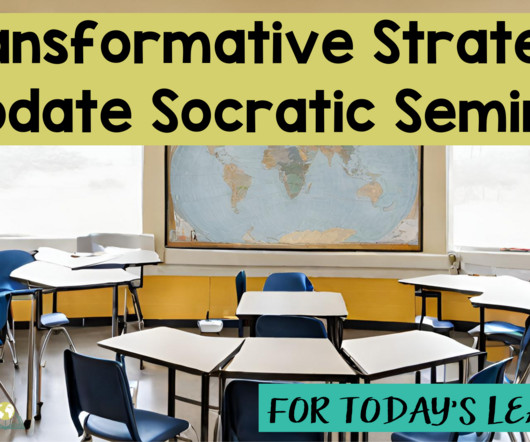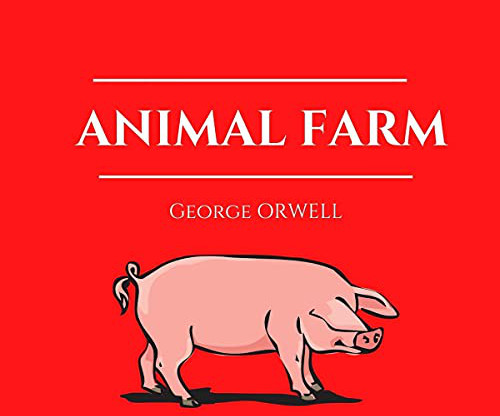5 Transformative Strategies to Update Socratic Seminars for Today’s Learners
Leah Cleary
FEBRUARY 4, 2024
Today, we’re going to pivot a bit to something equally revolutionary yet rooted in ancient tradition (somewhat)–Socratic Seminars. These can help you bring social studies to life for your students. I’ve got 5 transformative strategies you can use to update Socratic Seminars for today’s learners. And how do we do that?











Let's personalize your content